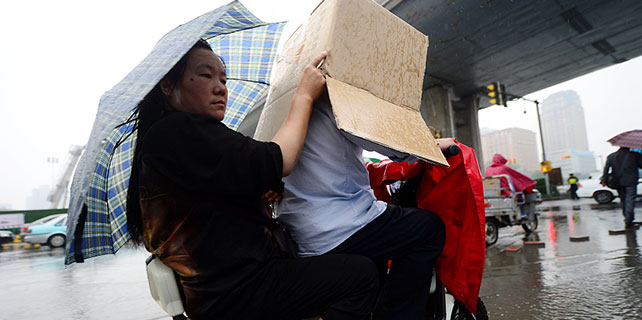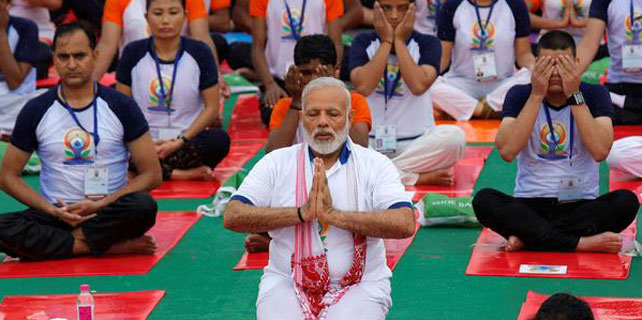China needs to rethink approach to nursing: expert
China needs to increase the number and quality of nurses and reduce the headcount of physicians who at the same time serve as hospital administrators to mitigate the shortage of medical doctors in the country, according to an industry guru in the US.
After two decades of communications and cooperation with China's top hospitals and research centers, Dr. Marc Shuman, an influential hematologist in the US, said that while he is deeply impressed with China's medical care development, he believes the nation would do well if it adopted the nurse-practitioner system prevalent in the US.
Advanced practice registered nurses, known as nurse practitioners in the US, are the people patients meet first. They assess a patient's condition, make preliminary diagnosis and then report to doctors who can get a full picture of the symptoms before a formal consultation. Nurse practitioners hold advanced degrees in healthcare training in the US.
"Nurse practitioners play a hugely important role in the US; their work saves the doctor's time," said Shuman. "Nurses in China don't seem get much respect."
Indeed, nurses in the US are more sought after and well paid compared with their counterparts in other countries.
Sharon Evans, a 41-year-old British nurse who worked in California for more than 10 years, has witnessed the difference. "Nurses are only one step higher than the cleaners in the UK, but only one step lower than the doctors here," she said.
Moreover, physicians should be freed from their managerial chores. It's professionals in hospital management, argued Shuman, who should run hospitals.
"They can analyze the budgets and decide where to spend the money," said the 76-year-old doctor, who has been practicing medicine for 41 years.
It is a widely accepted notion in China that the best doctors should lead the hospital they work at; their lack of management experience has been overlooked.
Meanwhile, in terms of illness prevention and screening, Shuman believes China excels in forward thinking and large scale planning. He was especially impressed by China's next 15-year health care plan recently announced by the Health Ministry, which threw much weight behind the prevention of illness, including high blood pressure.
More than 90 percent of the US healthcare budget goes to research on advanced cancer; most of these patients die, yet most of the budgets go to research in this area, Shuman said.
Shuman was appointed as chief medical officer of MORE Health, which helps patients in China and other countries, mostly diagnosed with cancer, to seek alternative treatment in the US.
"Our patients have diseases (mostly cancer) that either don't respond to the treatments they get in China or they want more successful treatment," said Shuman.
"China's medical know-how has developed significantly; patients can get most treatments in China, but there are certain medications for cancer either not available in the country or that haven't been approved by authorities, and the doctors are not familiar with those newly approved medications," he explained.
















